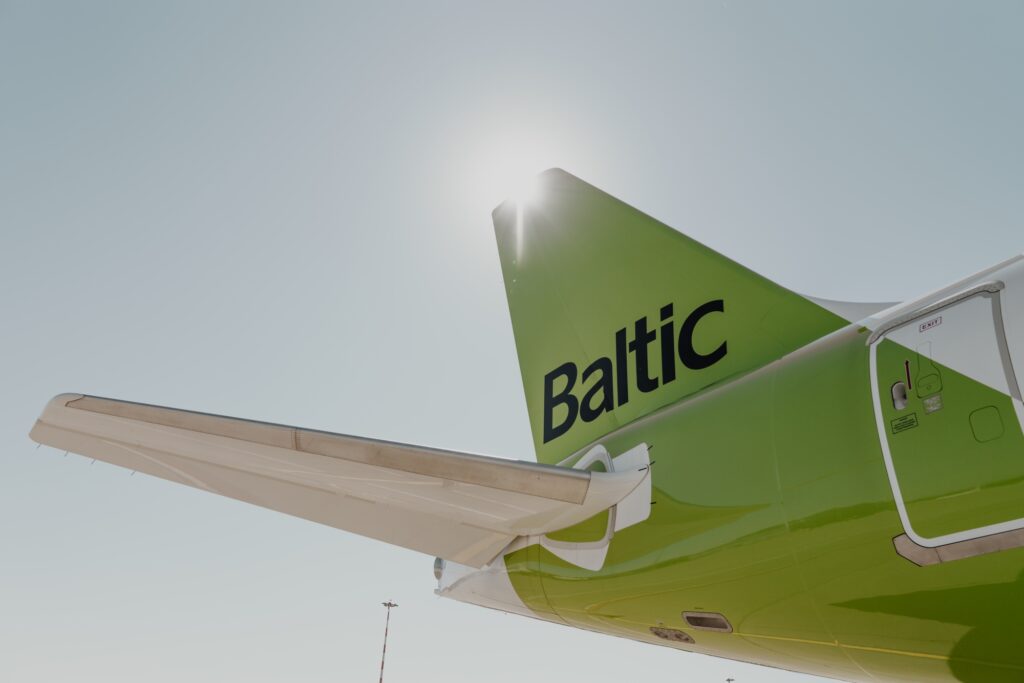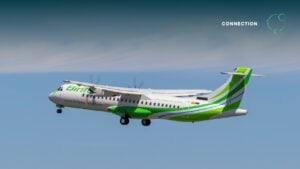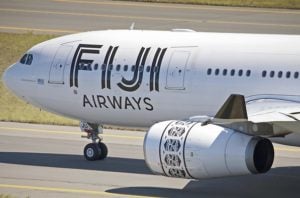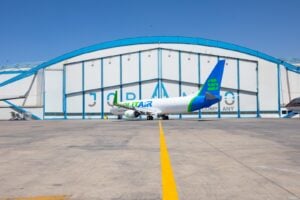airBaltic has released preliminary results for the second quarter (Q2) of 2025, showing steady year-on-year growth across key operational areas and confirming a positive outlook for the third quarter. Passenger numbers in Q2 are expected to rise by 6% to 7.5% compared to the same period in 2024. This includes April and May figures of 410,000 and 458,000 passengers, respectively—up 12% and 6% year-on-year.
Ticket yields in Q2 are expected to stabilise between –1.5% and –0.5% compared to last year, signalling a recovery after difficult winter market conditions. RASK (Revenue per Available Seat Kilometre) is forecast to increase by 2.5% to 4%, supported by strong demand and improved pricing. Meanwhile, ASK (Available Seat Kilometres) for the scheduled network is projected to grow by 1.5% to 2.5%, reinforcing airBaltic’s continued investment in network capacity. The average load factor for Q2 is expected to reach between 79% and 81%, reflecting year-on-year improvements in April (77.8%) and May (78.6%).
Chief Financial Officer Vitolds Jakovļevs noted that while Q1 was marked by pressure on yields and fuel price volatility, Q2 shows promising gains in both RASK and load factor. Looking ahead, the airline projects Q3 ticket yields to rise by 6% to 9% year-on-year and RASK to grow by 5% to 9%, despite a forecast passenger dip of 1% to 3% due to a planned reduction in capacity.
Forward bookings for Q3 are currently 3% above 2024 levels, and airBaltic is maintaining its full-year guidance of carrying between 5.2 and 5.4 million passengers. This will be supported by a 3% increase in overall network capacity and a 20% expansion in ACMI (aircraft, crew, maintenance and insurance) operations. While geopolitical risks remain, particularly in the Middle East, the airline expects current market conditions to remain favourable.


































